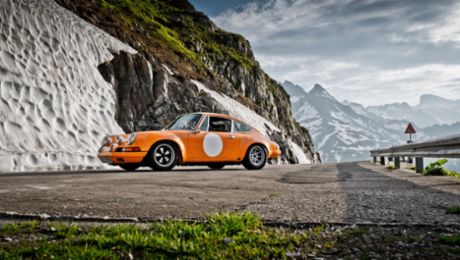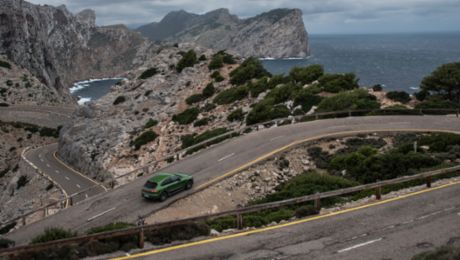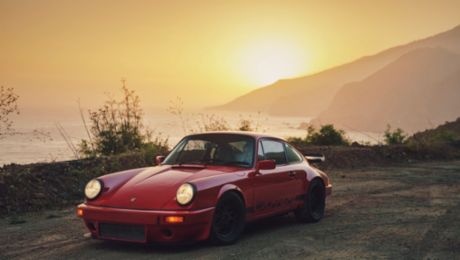Where
Hakone Turnpike, Kanagawa, Japan
Length
14 kilometres, one way
Type
A classic Japanese ‘touge’ mountain pass, with smooth and sweeping bends surrounded by lush vegetation, topped off with unspoilt views of Mount Fuji.
As she prepared to return and set up home on the other side of the world in Los Angeles, Japanese teenager Kyoko Yamashita asked for just two things from her father: braces and a driver’s licence. And so began an early love affair with cars and car culture that would influence the marketing executive and self-confessed petrolhead right into adulthood.
Having grown up between LA and Tokyo, Yamashita travels regularly back to the Japanese capital, and it is from here that one of her dream drives starts. “I like to meet up with a friend or two for an early morning coffee in Tokyo before driving for around 90 minutes to the Hakone Turnpike. This is the starting point for one of my most satisfying driving getaways, and because I don’t get to drive it that frequently, I like to plan a whole weekend around it.”

The Hakone Turnpike is one of Japan’s most celebrated ‘touge’, the mountain roads synonymous with tuning and drift culture today. In this instance it is also a popular escape for many residents of the greater Tokyo area who want to get out of the city and back to nature. The area’s famous hot springs bring hard-working urbanites out in the droves for relaxing weekend breaks beneath the magnificent snow-capped peak of Mount Fuji.
Japan’s mini Nürburgring
“The road itself is quite short – about 14 kilometres,” Yamashita says, “but it’s a privately-owned toll road so it doesn’t get too busy. Obviously on the weekends you have your fellow motoring enthusiasts, both bikes and cars, but even then it’s not too bad. And the best part is that if you don’t exit the toll road on the other side, you can keep going up and down for as long as you like. Even though it’s a two-way road, lots of people refer to it as Japan’s mini Nürburgring.”
Around 100 km south west of Tokyo, the fastidiously maintained Hakone Turnpike climbs to over 1,000 m on an elevated road punctuated at regular intervals by rest areas and an observation deck at the summit complete with a cafeteria selling snacks and coffees for the onward journey. Surrounded by lush vegetation and with stunning views towards Mount Fuji, it’s a destination in itself but also a go-to route for local motoring media and manufacturers looking to put the latest hardware through its paces.
The Hakone Turnpike is not a typical alpine pass
“It’s not a super-twisty or high-speed road,” Yamashita says, “but it is very smooth and full of long, sweeping curves. It’s perhaps not as demanding as your typical alpine pass; I’d say it’s a little more relaxing while still being challenging enough. There are several blind corners and parts of the pass are high bridge sections, so you get a real sense of height as you climb the mountain.”
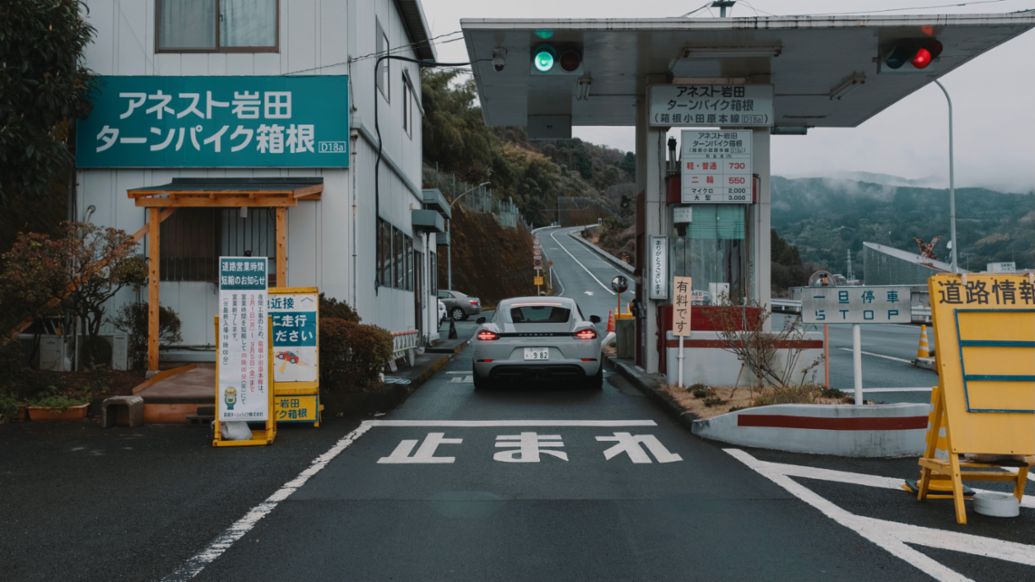
Entry through the toll costs 1460 Yen (around 11 Euros) and except in extremes of winter weather it is open year-round. Yamashita suggests trying to make the trip on either side of the summer months, however. “The best season to go is Spring when the cherry blossoms start blooming, one of those truly iconic images of Japan. But Autumn offers an amazing array of colours too – you’re surrounded by beautiful foliage everywhere.”
Yamashita’s Porsche history started with a 987 Cayman S
With Yamashita’s own cars back home in California, her perfect accompaniment for this drive takes her back to when the Porsche bug first bit. “In LA I have a 997 Turbo and an ’88 911 Carrera 3.2, both with a manual gearbox. They are special cars to me and I love them for different reasons. But my Porsche ownership history started with a 987 Cayman S. It was my first mid-engine car and the first car I took to the track. Many, many times in fact. I lived in San Francisco at the time and would go to Sonoma Raceway, Laguna Seca and Thunderhill. I had that car for nearly four years and it was really hard letting her go! I loved that mid-engine driving feeling, so for a road like the Hakone Turnpike, my preferred car would be a Cayman. Or maybe the 718 Spyder.”
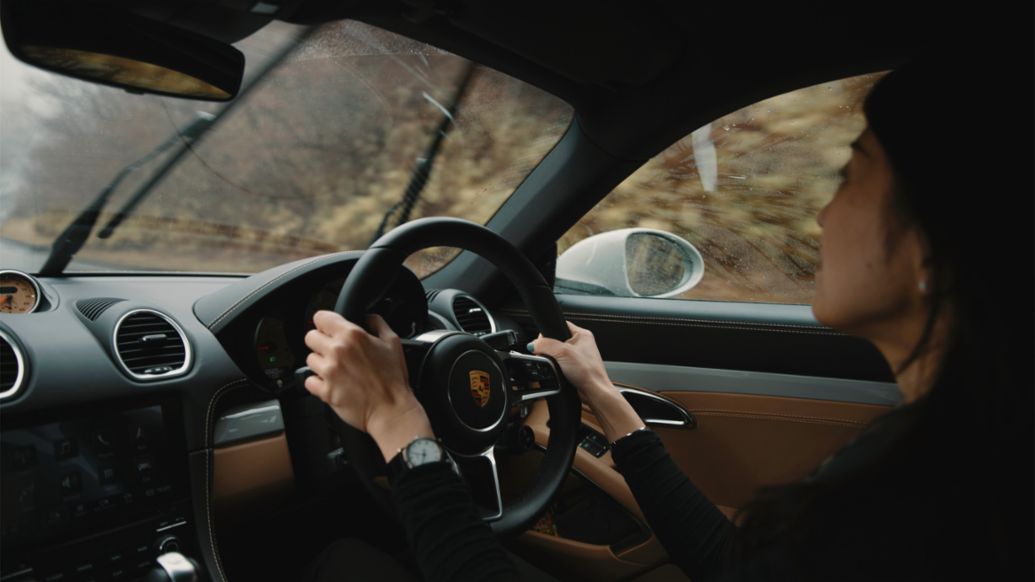
A one-way trip over the Turnpike could take less than half an hour, but if you are determined not to double back, at the far end of the toll road you can pick up various alternative routes such as the Ashinoko and Hakone Skyline or the zig-zagging 401. “I usually jump on the road south for 40 or 50 km into the Izu peninsula,” Yamashita says, “where there is an area known for its early cherry blossom along the riverside. If I have the time I will drive down there and stay for the rest of the weekend.”
Relaxation is as essential an element of driving for Yamashita as the buzz it also clearly offers her. When asked if she has a go-to soundtrack for her road trips, her answer is enlightening. “I love music, but driving to me is a form of therapy. I used to be one of those drivers who had to have music on, but today I enjoy focusing on the road ahead and taking in the scenery. When I come back to Japan and get a chance to leave the busy streets of Tokyo behind, driving is very Zen for me. The sound of the engine gets the adrenaline going and I like the balance and the flow of just being in that moment.”
Sunday Drives
With travel restrictions limiting the opportunities for road-trips, Porsche Newsroom’s new Sunday Drives series sets out to quench readers’ thirst for adventure by discovering the world’s most beautiful driving roads through the eyes of Porsche people around the globe.
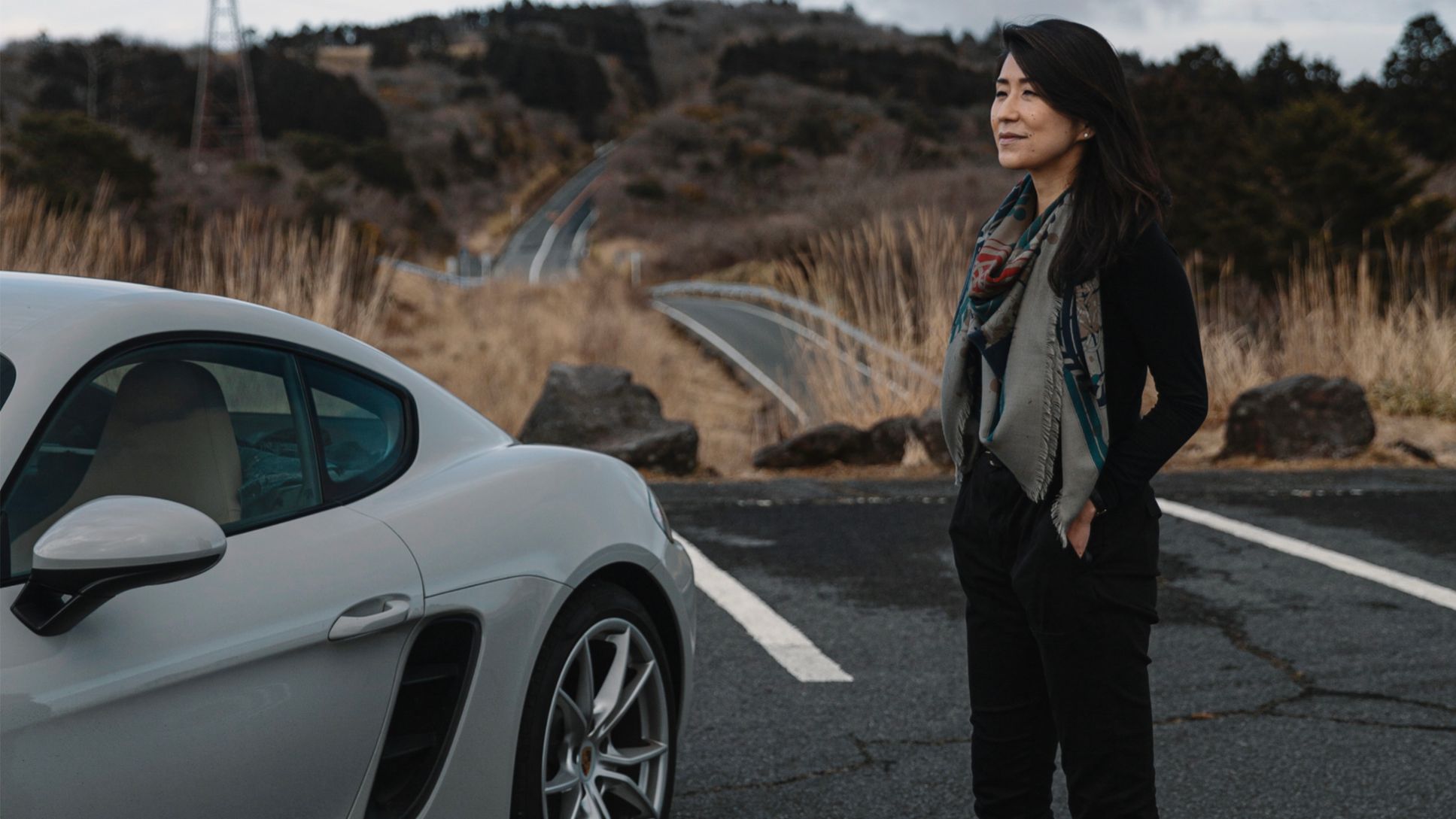
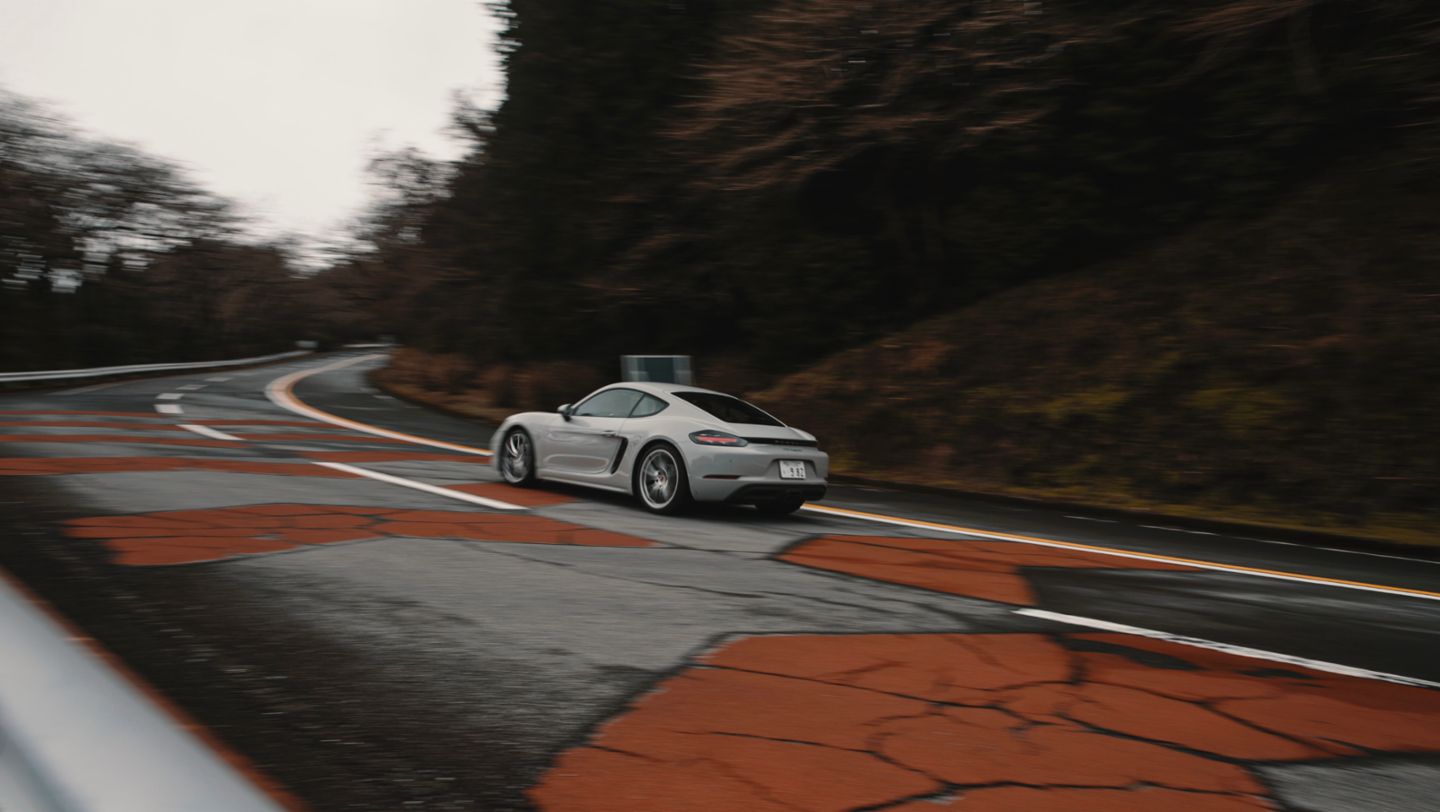
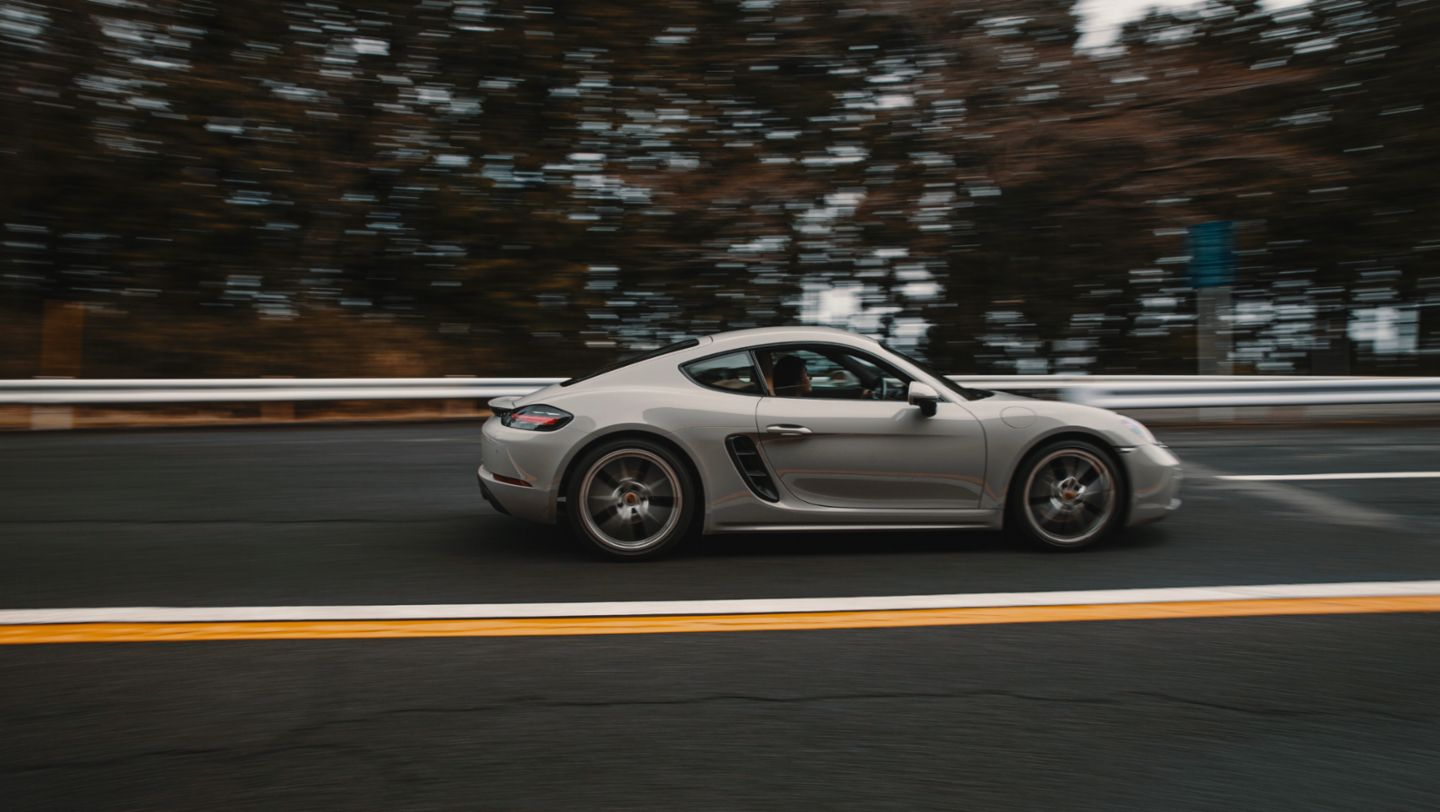
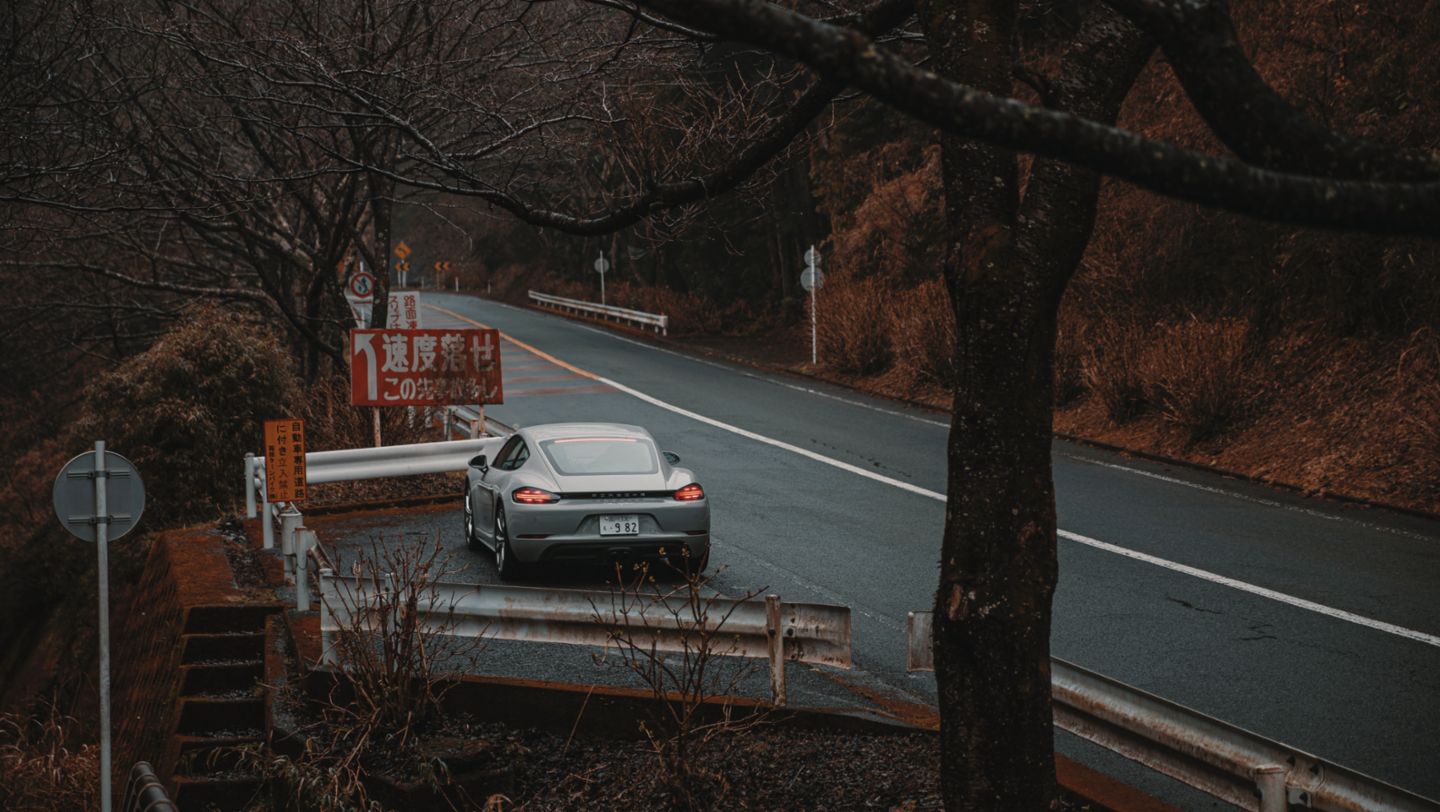
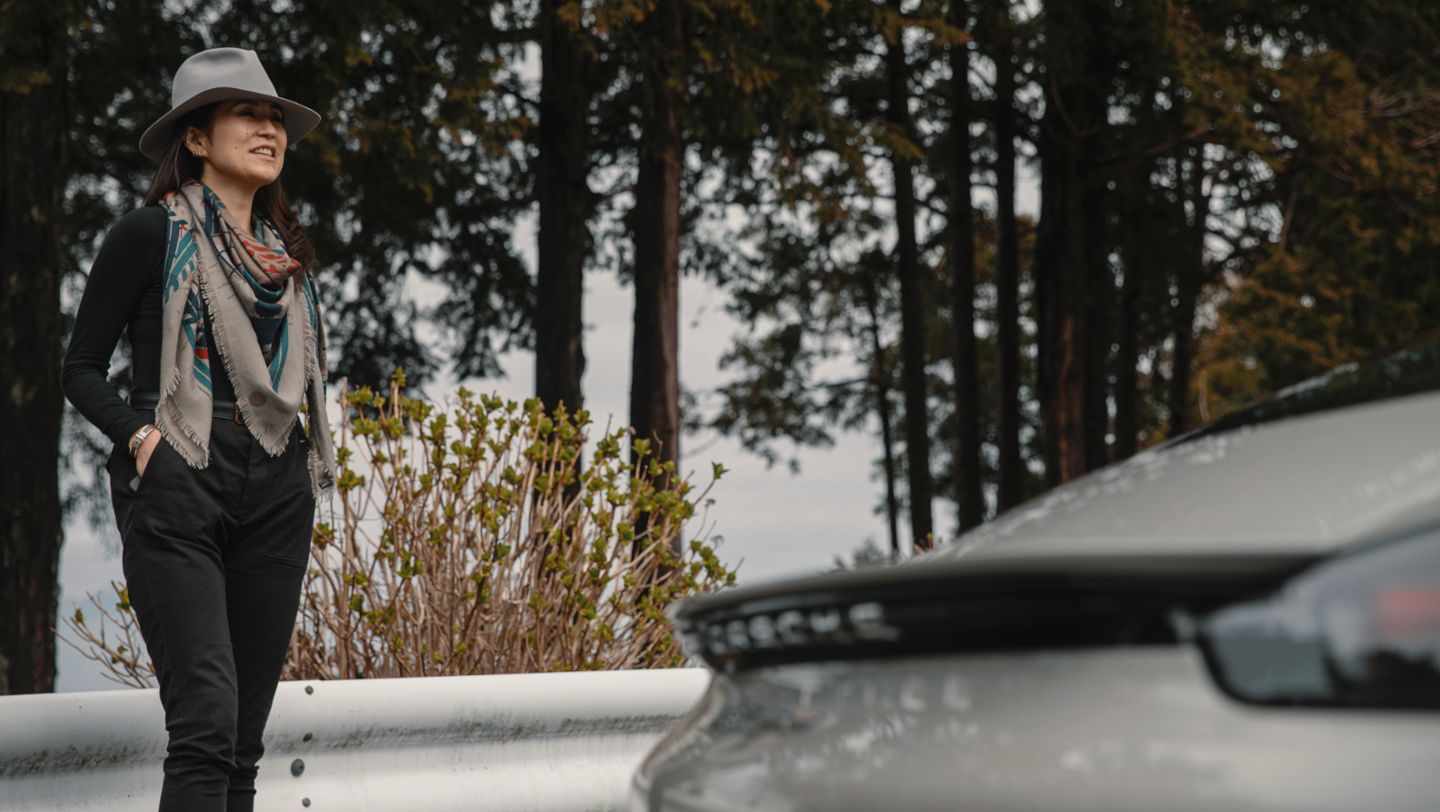
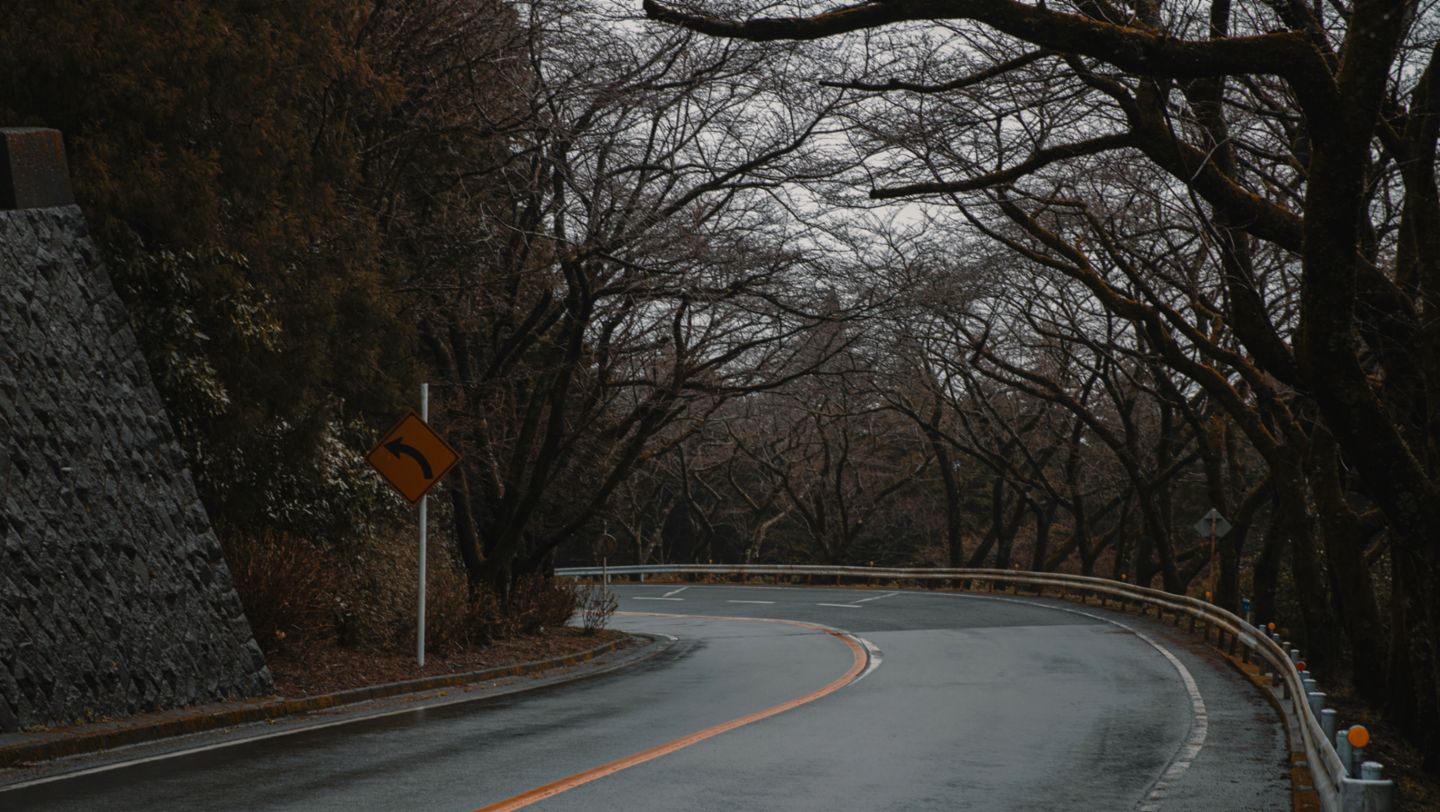
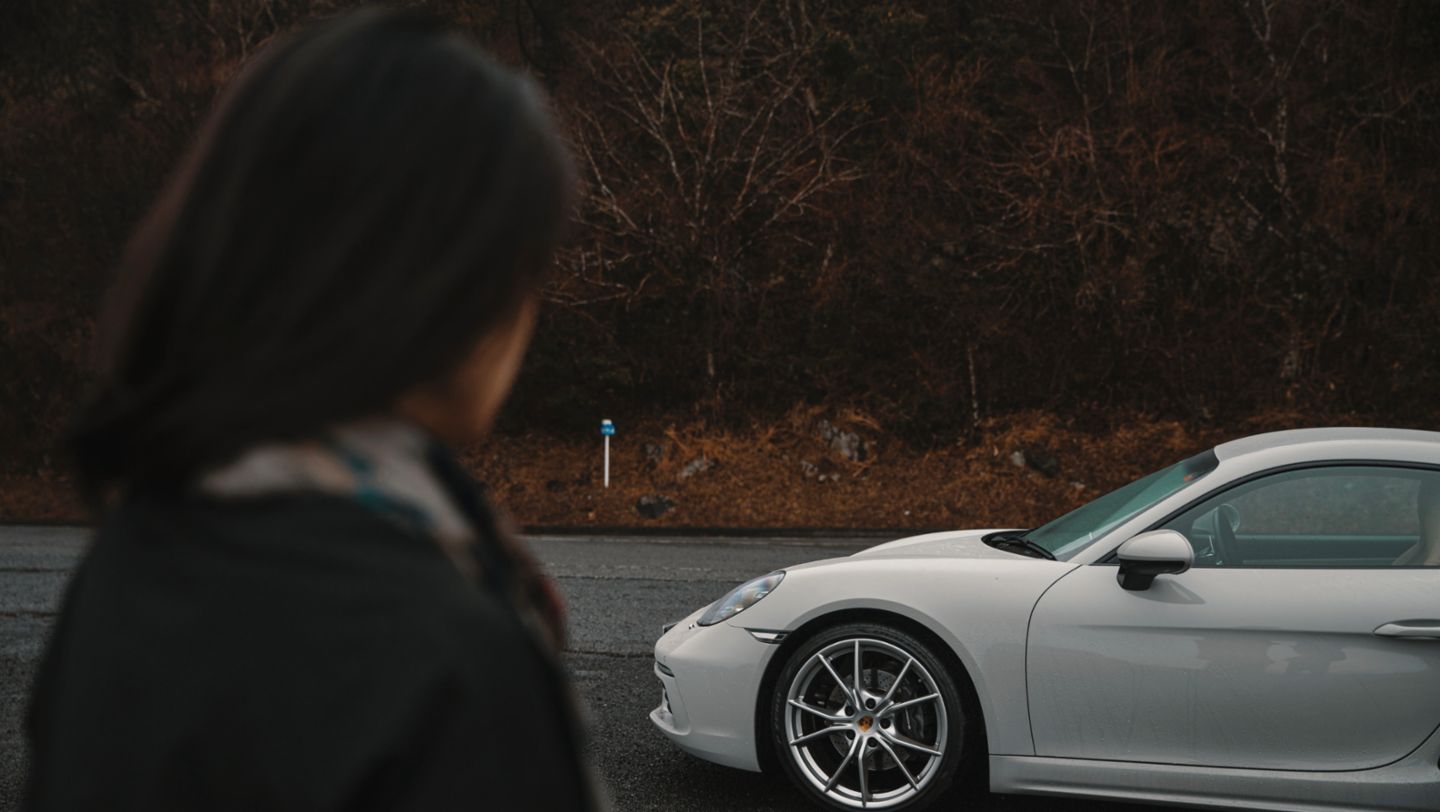

-CURVES-MAGAZIN-S.Bogner_.jpeg/jcr:content/_CUR8230%20%20(c)%20CURVES%20MAGAZIN%20S.Bogner_.jpeg)
